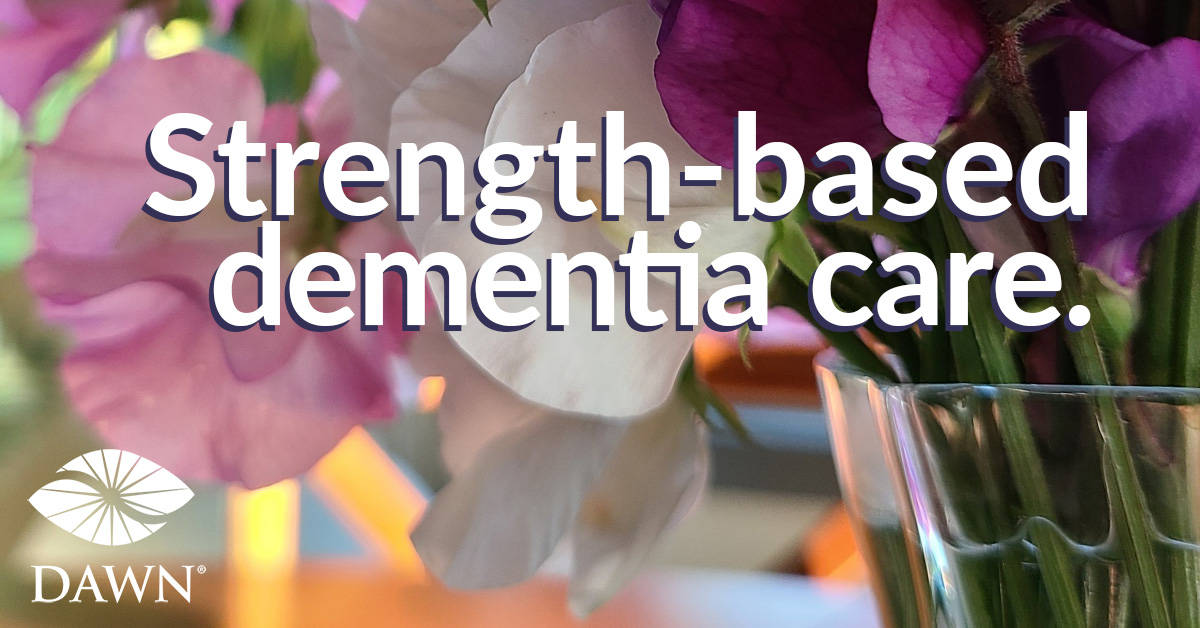
Back to your DAWN Dementia Roadmap to caring for someone with dementia at home
Maximizing the “Assisted” in Assisted Living
Families often move their loved ones into assisted living so they will be safer and can enjoy more social interaction. As people age at home, it becomes more difficult to get out. When dementia is part of the picture, the likelihood of isolation is increased. The obvious solution would seem to be a move into an assisted living facility where there are people their own age and scheduled meals and activities.
But often people with dementia become further isolated after being moved. Why? It’s because moving someone with dementia takes away two very important tools that were supporting their ability to function (see my articles on muscle memory and automatic thinking), so that their ability to settle into the new place shrinks, and because not all of us thrive in group situations.
How do we ensure that the move really will provide the increased social involvement hoped for?
Introvert or extrovert?
It’s important to realize that most of us are more introverted than extroverted. Introverts tend to function better and feel more comfortable in one-on-one situations or on the edge of the room when in a group. Being put into a group and expected to take part can cause someone who is introverted to shut down and withdraw rather than join in.

Also, being in a group does not preclude loneliness. We often feel less lonely when alone but free to follow our own inclinations than when in a group or crowd. The extrovert may see an opportunity to join in and have fun, but the introvert needs accommodation to not become more separated.
So, if your loved one is more introverted than extroverted, think carefully about what types of activities allow individual interactions rather than group interactions and help him or her form friendships with other more introverted residents.

“Notice” or Escort?
All assisted living facilities offer a ‘notice’ service. You can pay for your loved one to be notified of meals, activities, and events. But keep in mind that what you are paying for is a staff member who will knock on the door and alert your loved one, nothing more.
Being notified of events is rarely sufficient for the person with dementia. Dementia takes away the ability to track time and the ability to plan—to bring to mind the one or two steps needed to attend. So, when someone with dementia is notified that lunch will be in ten minutes, she or he is not likely to be able to initiate using the bathroom, grabbing a sweater, heading down the hall to the dining room, and then selecting a seat at a table.

Instead, ask the nursing director to build into your loved one’s care plan an escort to meals and selected activities. She can schedule a staff member to knock on the door and help your loved one get ready to attend, then walk with them to the activity. You should expect to pay for this service, for it takes scheduling and more staff time on the part of the facility.
When we move people with dementia into a care facility, we need to be careful to provide supports that enable them to truly enjoy the benefits we expect to be providing.
Back to your DAWN Dementia Roadmap to caring for someone with dementia at home

